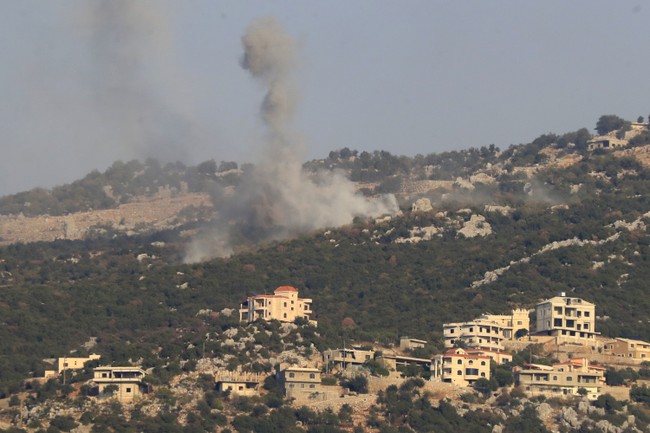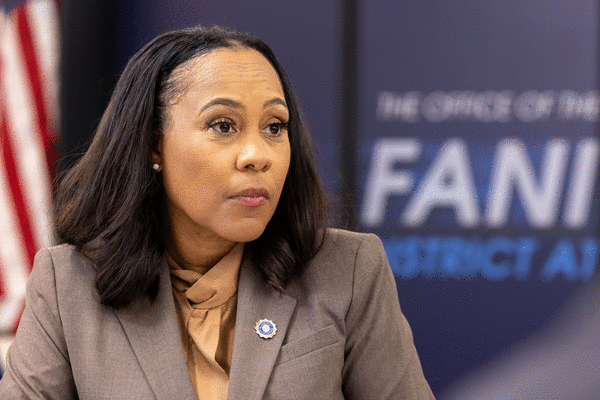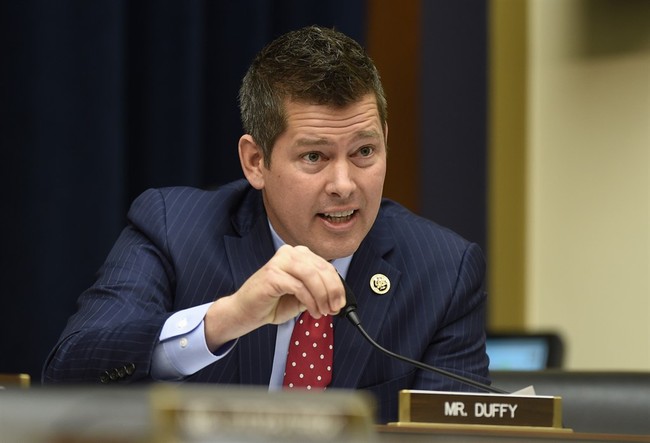Tensions Rise in Middle East Amid Israel-Hezbollah Strife
In a region already fraught with conflict, recent developments involving Hezbollah and Israeli forces are adding new layers of complexity and urgency to calls for diplomatic resolutions.
Published November 18, 2024 - 00:11am

Image recovered from redstate.com
The Middle East is once again at the forefront of global attention, following reports of intense military activities involving Israel and Hezbollah, an Iranian-backed militant group based in Lebanon. Recent events have exacerbated an already volatile situation, prompting urgent appeals for international intervention and a reevaluation of diplomatic strategies to secure peace.
On Sunday, Mohammed Afif, the chief spokesman for Hezbollah, was reportedly killed in an Israeli airstrike in central Beirut. This marks a rare but significant escalation in the targeted killings of high-ranking Hezbollah officials by Israeli forces, as tensions in the region continue to simmer. Afif, an influential figure within the group, became especially prominent after earlier conflicts erupted between Israel and Hezbollah, particularly following the death of Hezbollah's long-time leader, Hassan Nasrallah, also the result of an Israeli strike.
This attack came amid discussions of a United States-led ceasefire proposal, which Lebanese officials were reportedly considering. The airstrike, which also targeted the office of the Arab Socialist Baath Party, represents a continuation of Israel's aggressive campaign against Hezbollah, which has long been headquartered in the southern suburbs of Beirut. This aggressive stance aims at dismantling the militant infrastructure that Israel views as a persistent threat.
In parallel developments, there have been renewed calls for U.S. political leadership to exert pressure on Israel. Hamas has expressed a readiness for a ceasefire in the Gaza Strip, contingent on U.S. involvement and assurances of Israeli compliance. Since the conflict flared on October 7, 2023, diplomatic efforts have yet to yield concrete results, with both sides engaged in ongoing hostilities that have further eroded the humanitarian situation in Gaza. Over the past year, Israel's military operations have plunged the region into crisis, with significant civilian casualties and destruction.
Political analysts point to the potential influence of Donald Trump's recent electoral victory, suggesting it might catalyze new peace initiatives in the region. Trump's previous pledges to restore calm in the Middle East raise questions about how his administration might navigate these new challenges while balancing diplomatic relations with key players such as Qatar, which recently withdrew its role as a mediator in the conflict.
The complex geopolitical landscape also sees Israel engaged in multiple fronts, including intensified operations against both Hamas in Gaza and Hezbollah in Lebanon. Most notable is Israel's simultaneous airstrike campaign on Hezbollah strongholds in Lebanon, reflecting its strategy to neutralize perceived threats posed by pro-Iranian forces near its borders. Israeli Defense Forces have launched substantial bombing efforts aimed at Hezbollah's infrastructure in Southern Lebanon, displacing thousands of civilians.
In recent assaults, key Hezbollah leaders have been targeted and killed, heightening the sense of urgency for effective conflict resolution mechanisms. The ongoing strife has also elicited stark reactions from international communities, calling for targeted diplomatic interventions to alleviate the humanitarian and political fallout. Meanwhile, the local Lebanese population grapples with increased instability, as strikes continue to batter its urban centers.
As the region remains engulfed in chaos, the death toll continues to climb, with a cumulative humanitarian toll that underscores the dire need for lasting peace. Over 43,000 Palestinians have died in the Israeli-Hamas conflict, with Lebanon reporting thousands of casualties from the continued violence since late September. This brutal chapter in Middle Eastern tensions demands renewed focus from global leaders to avert further escalation into wider regional warfare.







